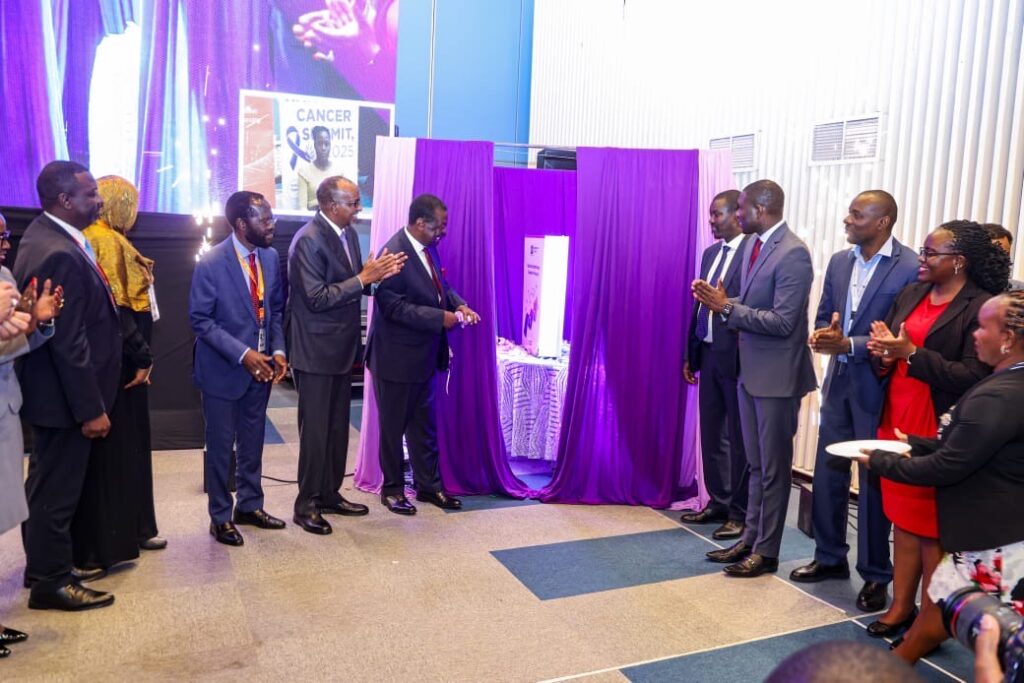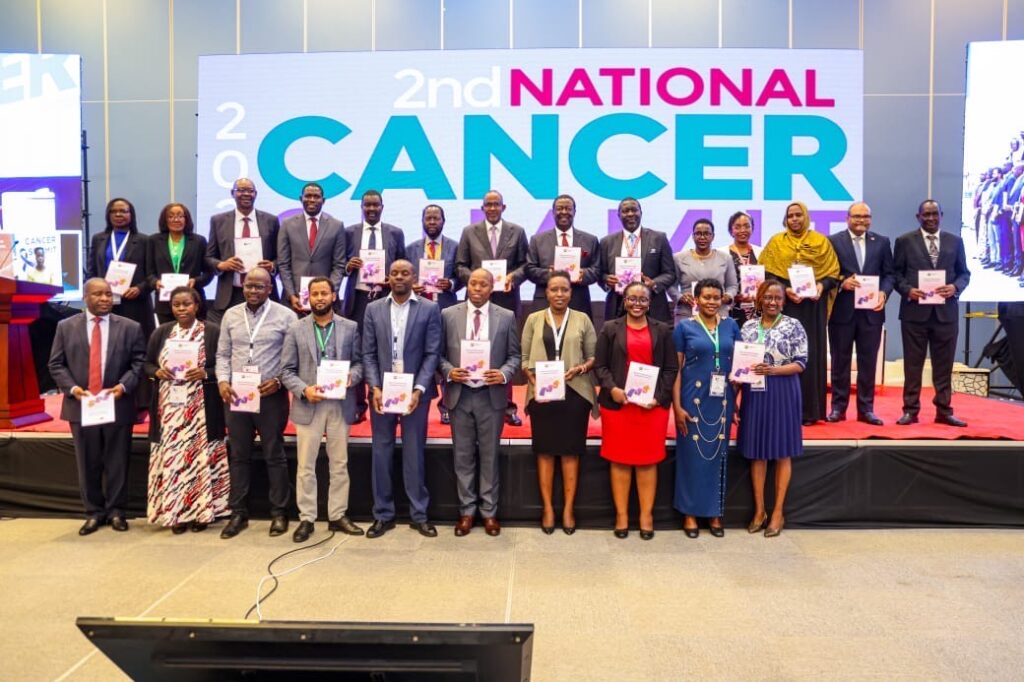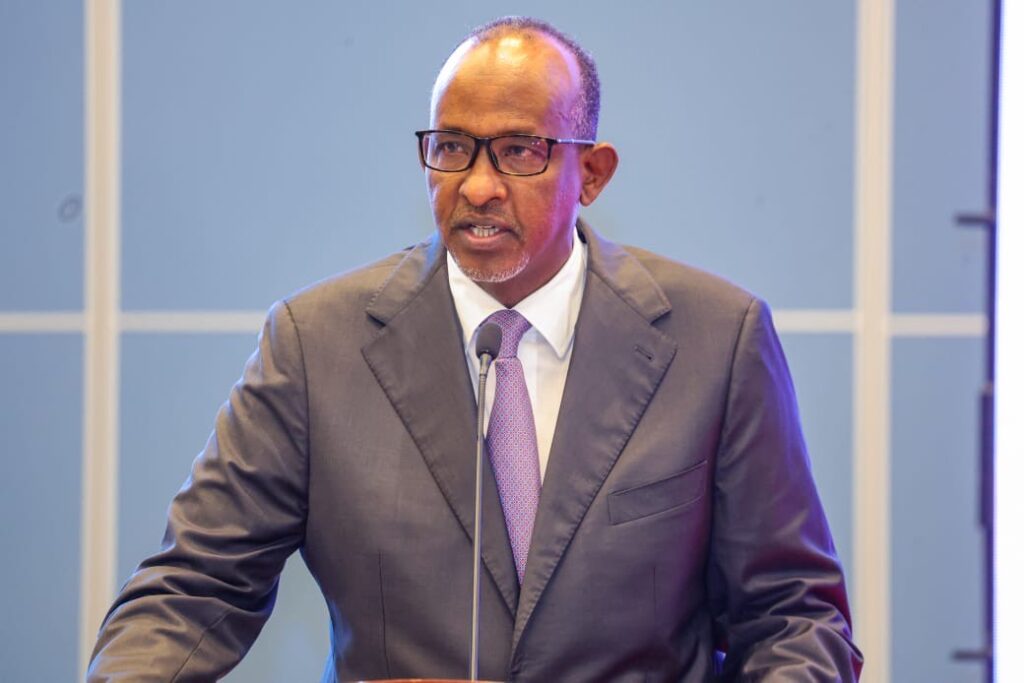Kenya is intensifying its fight against cancer through a series of reforms aimed at increasing access to diagnosis, treatment, and preventive services, in line with the goal of achieving Universal Health Coverage (UHC). During the second National Cancer Summit in Nairobi, it was announced that the decentralisation of cancer services is underway, with operational centres now established in key counties including Nairobi, Eldoret, Kiambu, Mombasa, Garissa, and Nakuru.
The strategy includes enhancing early detection and treatment through strengthened referral systems, making cancer care more timely and efficient. A notable highlight is the integration of the HPV vaccine into routine immunisation programmes for girls aged 9 to 14 years. This move is expected to significantly reduce cervical cancer cases over time. Additionally, nationwide community-based screening programs have been expanded to include breast, cervical, prostate, and colorectal cancers.

Over 24.9 million Kenyans have registered under the Social Health Authority (SHA), which provides substantial financial support up to KSh 550,000 annually for cancer diagnosis and treatment. This funding is sourced through the Social Health Insurance Fund (SHIF) and the Emergency, Chronic, and Critical Illness Fund, making treatment more accessible and affordable.
A significant development is the new partnership with Roche, which has made high-cost HER2+ cancer therapies such as Herceptin® 600mg SC more accessible. The cost of these treatments has been slashed from KSh 120,000 to KSh 40,000 per session, with full coverage provided under SHA, eliminating any out-of-pocket expenses for patients.
Diagnostics are also being scaled up through the National Equipment Service Project (NESP). Mammography equipment has been installed in Kerugoya and Kisumu, while CT scans are now functional in 15 counties, with 15 more counties expected to receive installations soon.

National leaders are calling for increased collaboration across all sectors to fight cancer. County governments are being urged to prioritise cancer care in their budgets, while media, civil society, and the public are encouraged to take an active role in raising awareness, supporting early detection, and eliminating stigma.
These collective efforts reflect Kenya’s broader strategy to not only decentralise but also demystify cancer care, ultimately reducing suffering and improving health outcomes across the country.

